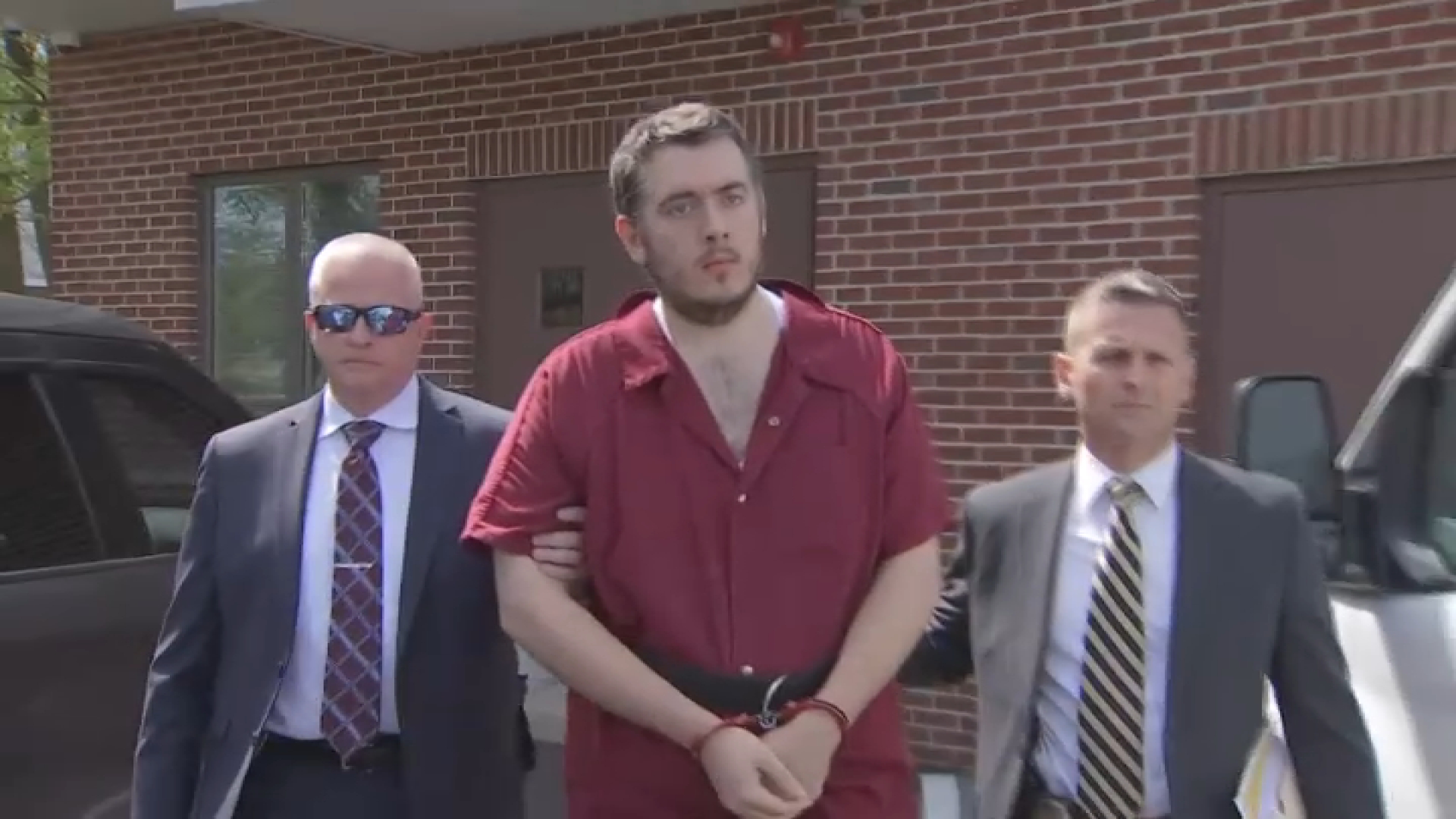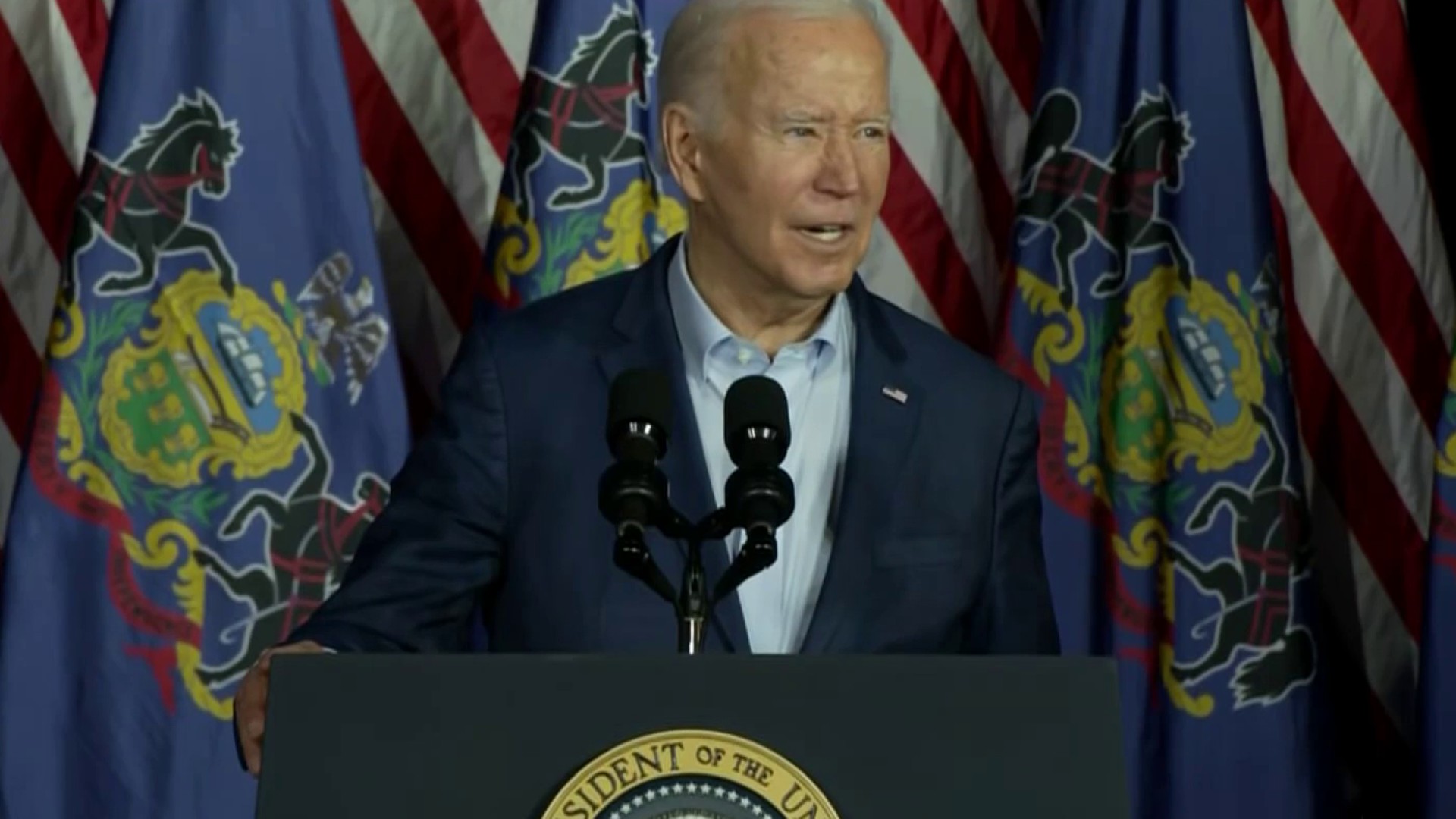An education advocacy group says they are "seriously considering" filing suit against the state if Philadelphia public schools are left decimated by draconian budget cuts.
Education Law Center Executive Director Rhonda Brownstein says inequities in state funding go against the Pennsylvania’s constitutional requirement to provide a "thorough and efficient" education to its children.
Brownstein says her organization plans to first assess how much funding the School District of Philadelphia gets from the state and city. If severe cuts remain when the school year begins and negatively affect students, they’ll most likely seek litigation.
“We would ask that the current state funding system be declared unconstitutional,” Brownstein says. “And that a new system that more equitably distributes funding be adopted by the state legislature.”
In Pennsylvania, the majority of school funding is contributed at the local level, according to the National Center for Education Statistics. Only about one-third comes from the state’s budget. Brownstein says that leads to funding issues, especially when you have districts in cities with high poverty rates.
The School District of Philadelphia, which has more than 149,000 students, spends on average $13,000 per student, according to Pennsylvania Department of Education data.
By comparison, Lower Merion School District in Montgomery County, which has more than 7,000 students, spends an average of $23,000 a student.
Local
Breaking news and the stories that matter to your neighborhood.
The disparity is more stark, Brownstein says, when you compare by classroom.
“If you look at a classroom of 25 students, you’re looking at $250,000 difference between Philadelphia, for example, and Lower Merion,” she says.
Brownstein says Pennsylvania needs to adopt a funding formula that accounts not only for factors such as poverty, but also the need to provide special programs. For example, more than 11,600 students in Philadelphia are English Language Learners, which requires extra schooling.
Pennsylvania is one of only three states that does not use a funding formula to calculate spending per student, according to Brownstein.
Should the Education Law Center file a lawsuit, Brownstein says the fight will not be easy and results not quick.
“If we file suit, the first thing that would happen is that the state legislature would say that the Pennsylvania Supreme Court has already ruled that it is not something for the courts to decide,” she said.
Ruling on two cases in 1999, the Pennsylvania Supreme Court said their role in education funding is unclear and that the Pennsylvania General Assembly should handle the issue. Brownstein says things have changed in the past decade that could help their case. She says statewide standards and testing have since been put in place and that those standards are tough to meet because of the funding.
Bruce Ledewitz, Duquesne University law professor and an expert in Pa. constitutional law, says from a legal standpoint, the case would be dead on arrival based on prior precedent.
"I think that the law is clear; the court doesn't even make a record," he said.
However, Ledewitz says if a case could be made that the severe budget cuts by the state would be tantamount to closing the district because schools can't meet state-mandated requirements, there may be a chance.
"I don’t think it’s out of the realm of possibility that the judges will change their minds," Ledewitz said. He adds that two of the judges involved in the 1999 opinion are still on the court and would need to change their minds. Or the four remaining justices would need to agree with the plaintiff's assertions.
Pennsylvania Department of Education Press Secretary Tim Eller did not address any potential litigation directly, but said more than $11.7 billion is earmarked for the state's education system.
"Since taking office, Governor Corbett has increased the state’s support of public schools by $1.25 billion, or 14.7 percent," Eller said."In addition, next year’s state budget would increase the state’s support of public schools by $341 million with nearly $60 million extra directed toward the School District of Philadelphia. State funding for public schools is at record levels."
Should the court change its position, hear the case and issue a favorable ruling, Brownstein says changes won’t happen overnight and it surely won’t stop the Philadelphia School District from laying off nearly 4,000 teachers and staff.
“Even if we were successful, it is not instant,” she said. “That doesn’t mean it shouldn’t be done, but I don’t think people realize that it could take time.”
Contact Vince Lattanzio at 610.668.5532, vince.lattanzio@nbcuni.com or follow @VinceLattanzio on Twitter.



